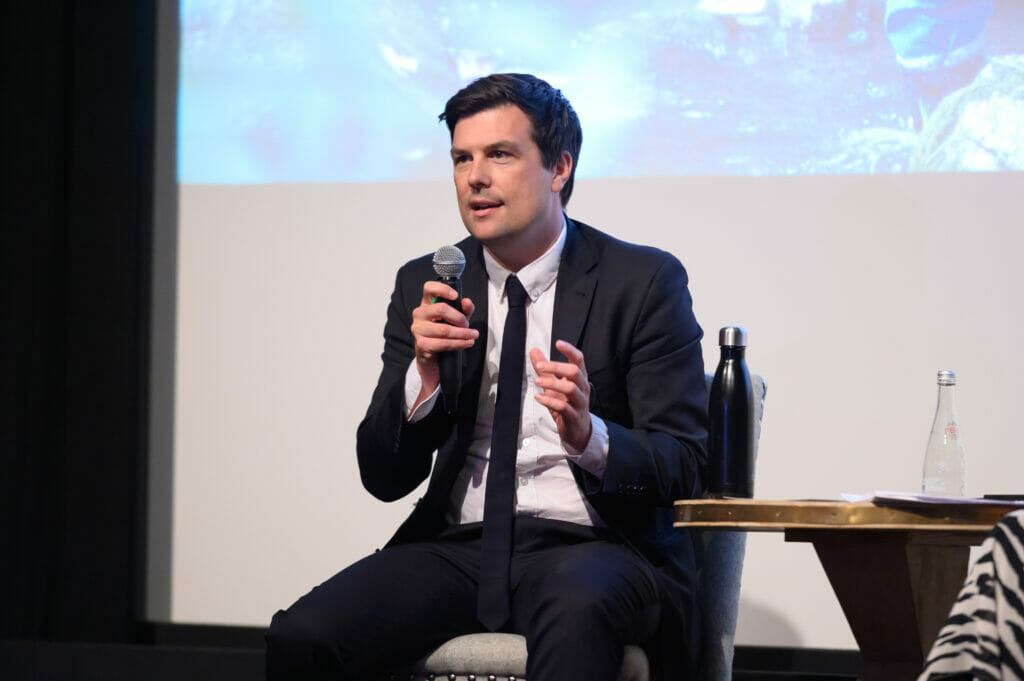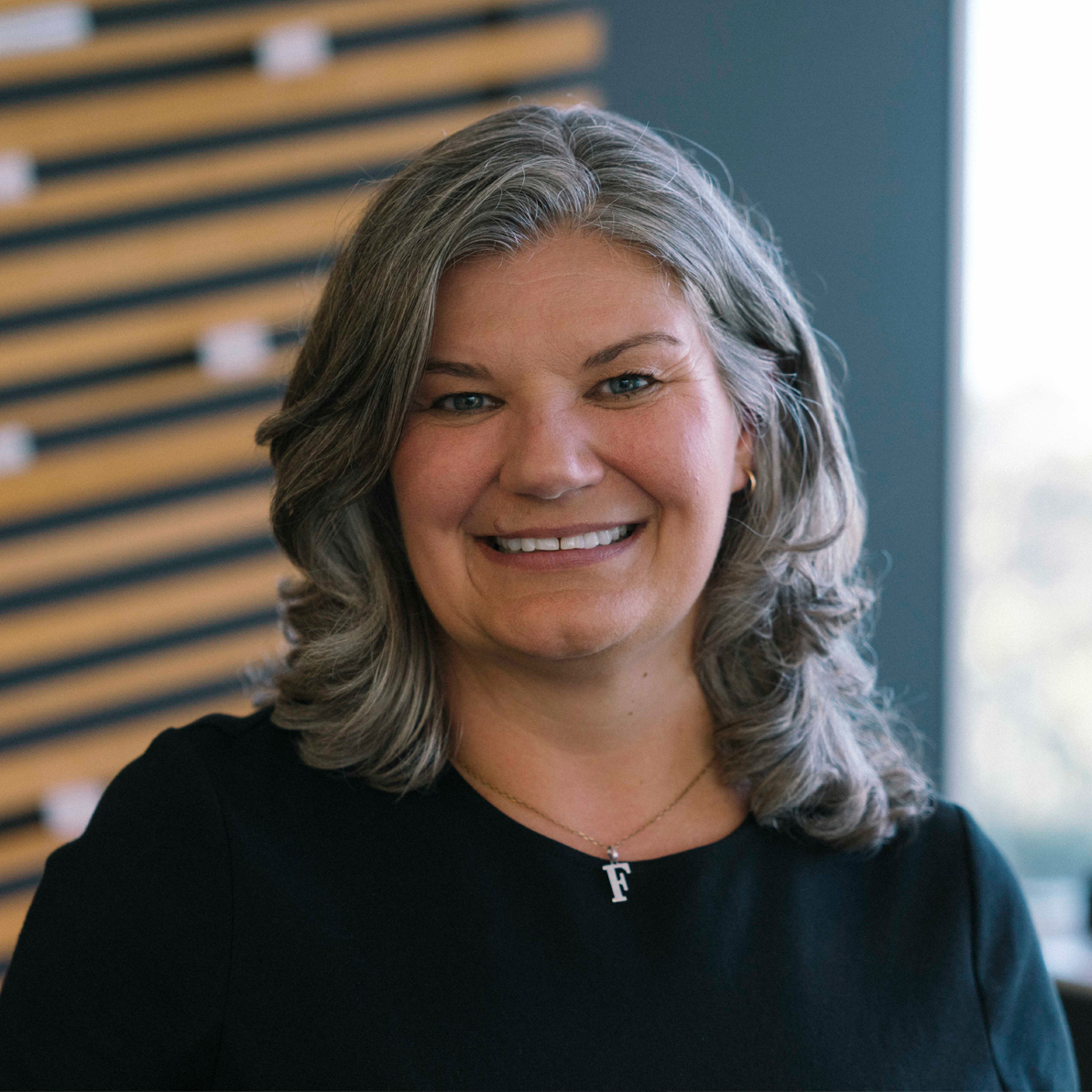Tan Copsey on communication during a crisis
Tan Copsey has been working in the climate change space for his whole career. Currently a Senior Director at Climate Nexus, a US-based organisation which aims to communicate climate change impacts, Tan has recently been awarded a spot in the University of Auckland’s prestigious 40 Under 40 rankings. We spoke to Tan about his work, how effective communication can be a catalyst for change, and how Aotearoa New Zealand can utilise combatting climate change to its economic advantage.

Can you talk a bit to your professional background and your work at Climate Nexus?
I’ve been working on climate change for 15 years. In that time I’ve worked with everyone from former Presidents and CEOs to farmers in remote parts of Bangladesh and Indonesia.
At Climate Nexus my job focuses on communicating climate change to different audiences in the United States. That means everything from mass public communication on social media to putting together an investigative website – BailoutWatch – that tracks how stimulus funds are disproportionately benefitting fossil fuels, which is really for an audience of financial regulators, experts, and investors.
What drew you to working in the climate change space?
When I was at University, I had a little think about where I thought the world was going over the next 10, 20, 30 years. It was pretty clear, even then, that there was going to be a period of economic and social upheaval as we got to grips with the impact of climate change and the transition to a clean energy economy. It sounded like there would be a lot of work, but also an opportunity to do something useful.
To what extent do you believe that effective communication is imperative for impactful change?
I worked as a researcher for quite a while. And we would spend years trying to get data absolutely right. There was this unspoken assumption that good research would magically create change. That someone somewhere would see the value of your insights. In the real world, people use shortcuts, and more often than not their decisions are based on ideology and untested assumptions. What we try and do with communications is act as a bridge, between some of the best information and the people who make the decisions that change the world. We also try and bring people into the conversation that’ll challenge assumptions.
Have you seen a shift in people’s understanding of the threat climate change poses over your career?
So, for a long time, people believed that dealing with climate change meant sacrificing economic growth and human development. These days, that seems ridiculous. But to change those unspoken assumptions took research, and it took a global communications campaign with people from all works of life that I worked on with the Global Commission on the Economy and Climate.
The campaign brought together former world leaders like Felipe Calderon of Mexico and our own Helen Clark, with leading economists. I also worked on the Risky Business Project, which was led by former US secretaries of the Treasury and CEOs. Both demonstrated the huge economic opportunities that come with dealing with climate change, and, on the flip side, the huge costs of not doing so.
What key milestones do you believe are necessary if we are to address climate change issues worldwide?
Right now, we need stronger climate targets from all countries to be agreed by the end of the year at global climate negotiations in Glasgow. But there are also a lot of less sexy, but very important things that could happen in the meantime. Those include more central banks and treasuries getting together and deciding that they’re going to change the way they regulate fossil fuels and the banks and institutions that invest in them. There’s also a need for more finance for developing countries to help them build their economies with clean energy infrastructure and to prepare for the climate impacts that we’ve already locked in.
Addressing climate change can be met with a lot of resistance. To what extent do you believe that addressing climate change directly ties into New Zealand’s positive economic growth in the future?
New Zealand has the benefit of an energy system that is well on its way to being 100% clean. But there’s so much more to do – especially electrifying our vehicle fleet and investing in public transport. That’s a huge challenge, but it’s also an amazing opportunity to create jobs and push public and private investment to productive parts of the economy. Our economy also depends a lot on agriculture and tourism, two sectors that contribute a lot to climate change. It’s in the interest of those industries to be part of the solution too. Otherwise, they may end up being negatively impacted by regulations in other countries, just as Australia is now feeling the pinch as China restricts coal imports.
What are you hopeful for in 2021?
The pandemic showed us the value of preparing for systemic risks. It also showed us how economic growth and activity is so closely bound to people’s health and to the environment. The countries that did the best in dealing with the pandemic, including New Zealand, listened to scientists and experts and used the power of the state to protect people. I’m hopeful we can take the lessons learned from the pandemic and apply them to climate change. That we start preparing for the next big systemic risk now. And that we create good jobs for as many people as possible in the process.
HOW KEA CAN HELP YOUR BUSINESS GROW
Kea Connect
Kea Connect is a free service that will help your business grow offshore. We connect you personally with regional, sector-specific experts and peers.
Resources
Kea is here to help New Zealand businesses grow offshore. Be inspired and hear advice from businesses who have created their export path.
Jobs Portal
Looking for the right talent for your team? Reach our global Kiwi community through the Kea international job portal.

 MENU
MENU









